Post
A catch
Save a catch to start your fishing logbook. You will be able to to share it with the community if yo want!
A fishing trip
Post an ad to go fishing with other fishermen
Save a catch to start your fishing logbook. You will be able to to share it with the community if yo want!
Post an ad to go fishing with other fishermen
Share a thought, a question with the community
My favorite cities
×Join our 1 fisherman and our 1 cofisherman in Fort-Myers in Lee. The fishing forecast is currently 3.3. The most caught fishes here are the warsaw grouper, the little tunny, the ladyfish and the spanish mackerel. Come try the most famous fishing techniques like the angling - using floats, angling - using natural bait, trolling for mackerel or barracuda trolling.
Our fishing forecast of Fort Myers indicates the best time to go fishing in this city.
The Warsaw Grouper
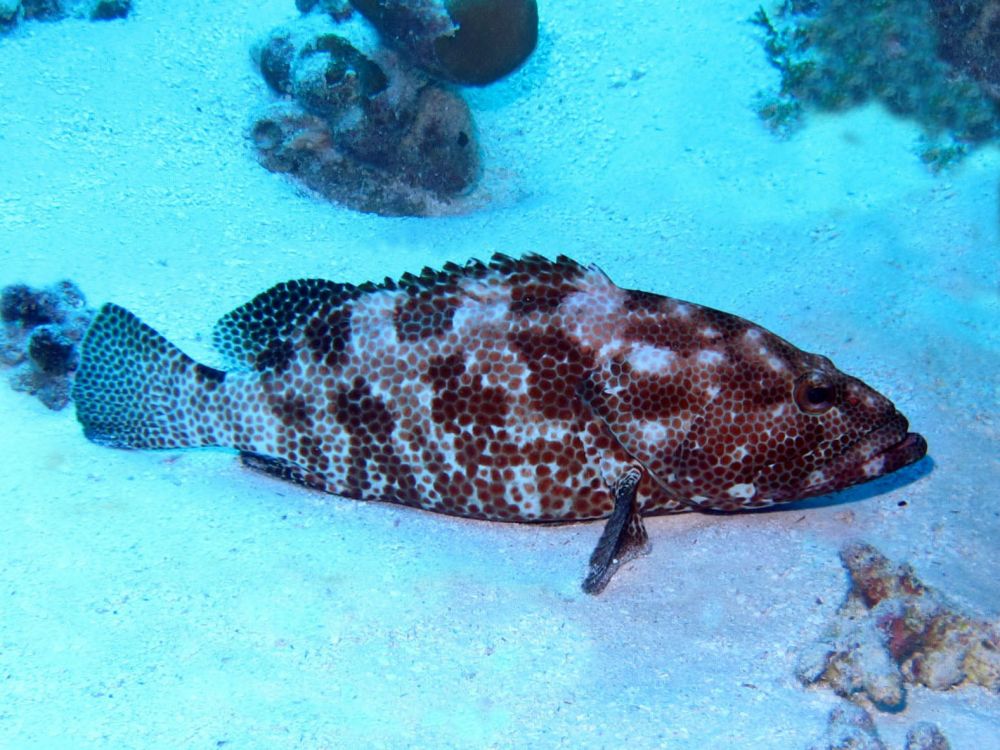
The Warsaw Grouper belongs to the Serranidae family. It can reach a maximum length of 226 cm for 263 kg. It can live for more than 30 years. They lay eggs from August to September. It can be fished all year round. However, fishing is prohibited all year round in federal waters. The Warsaw grouper is the only member of the genus Epinephelous that has 10 dorsal spines, the second of which is much longer than the third. The color is a greyish brown to dark reddish brown background with many small irregular white spots on the sides. The color appears much lighter around the neck and along the posterior edge of the lid. All fins are dark brown, except for the white spiny part of the dorsal fin. The young are characterized by a yellow caudal fin; dark stool on the caudal peduncle; and some whitish spots on the body.
The Warsaw Grouper is a famous fish you can catch in Fort Myers.The Little Tunny
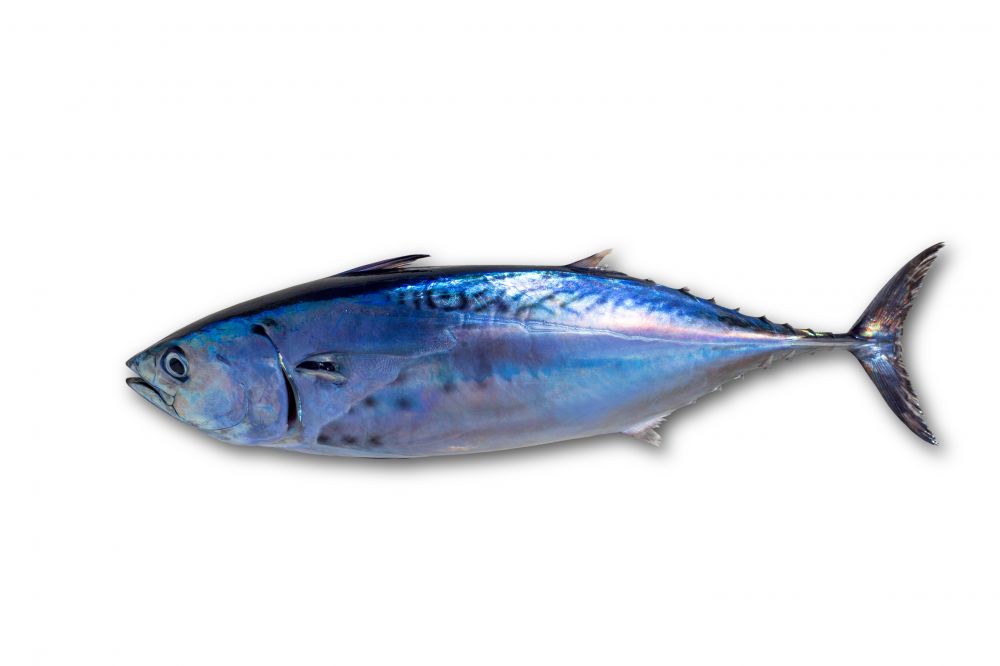
The Little Tunny belongs to the Scombridae family. The average size of little tunny can reach 81 cm in length and weigh up to 9.1 kg. The maximum size recorded is 122 cm and 16 kg. Little tunny can live up to 10 years. It spawns from April to November. It can be fished all year round. The little tunny has a robust torpedo-shaped body designed for powerful swimming. The mouth is large, slightly bent and terminal with rigid jaws. The lower jaw slightly protrudes from the upper jaw. There are two longitudinal ridges on the tongue. The body lacks scales, with the exception of the corselet and the lateral line. The corselet is a band of large and thick scales forming a circle around the body behind the head, extending backwards along the lateral line. The lateral line is slightly wavy with a slight arch below the dorsal fin, then straight towards the caudal keel. The caudal fin is deeply lunar, with a thin caudal pendulum including a short keel on each side. The first dorsal fin has high anterior spines that give it a concave contour, which is only very closely separated from the second dorsal fin. The pectoral fins are pointed and short and do not extend to the end of the first dorsal fin; the pelvic fins are inserted just behind the origin of the pectoral fins. The swim bladder is absent. This fish is steel blue with 3 to 5 broken dark wavy lines, not extending below the lateral line. The belly is white and lacks stripes. There are 3 to 7 black spots between the pelvic and pect
The Little Tunny is a famous fish you can catch in Fort Myers.The Ladyfish
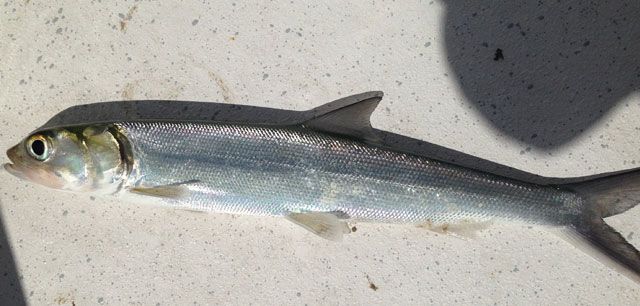
The Ladyfish belongs to the Elopidae family. The adult size is about 1 m for about 6 kg. It has a lifespan of 6 years at least. It can breed throughout the year. It can be fished all year. This fish has an elongated, thin and robust body with a large, deeply forked caudal fin. The body is covered with small, thin, silvery scales. The lateral line runs along the fish. The ladyfish has a small and pointed head with a large terminal mouth. The caudal lobes of ladyfish are long and thin. Dorsally, the ladyfish is silvery blue to greenish, while ventrally and laterally, it is silvery. The dorsal and caudal fins are yellowish to silvery and the pectoral and pelvic fins are speckled and pale.
The Ladyfish is a famous fish you can catch in Fort Myers.The Spanish Mackerel
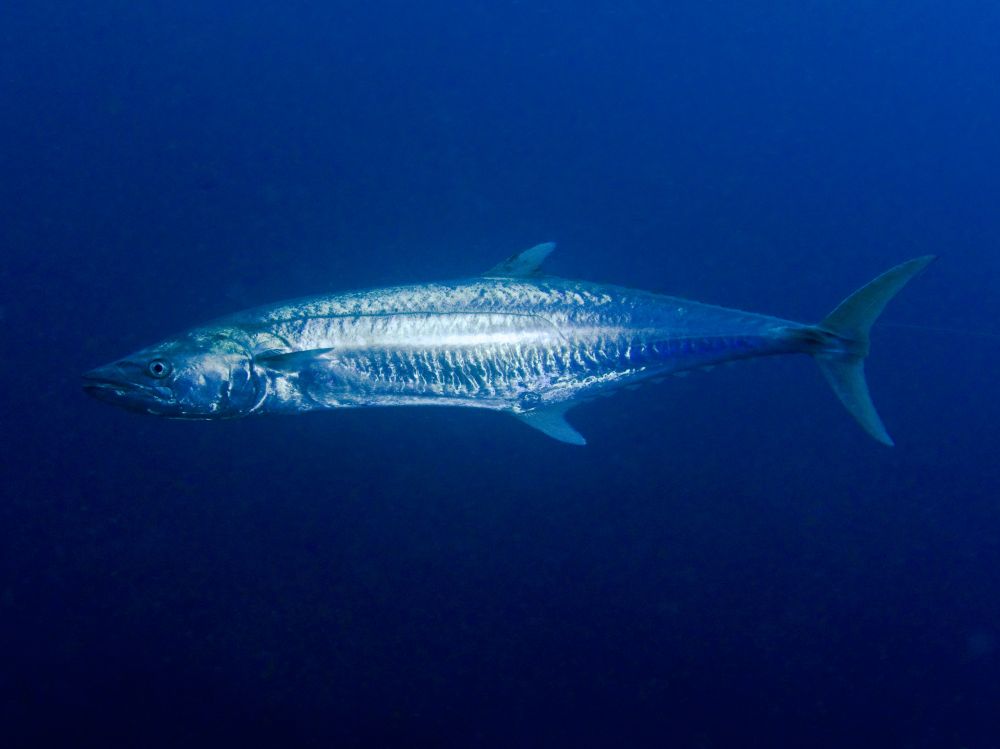
The Spanish Mackerel belongs to the Scombridae family. It has an average length of 50 to 80 cm for 3.2 kg. The maximum length recorded is 120 cm. Its maximum lifespan is about 20 years. They spawn from April to September. It is fished from March to September. Spanish mackerel has the contours of slender mackerel rather than bonito, its body being nearly 4½ at 5 times longer than depth. its two dorsal fins (like those of bonitoes) are barely separated, and secondly, because of its colorful pattern, its high slender dorsal shape and spotted sides distinguish it at first sight from our bonitoes, while its thin shape, long first dorsal fin and second dorsal fin contour distinguish it from the small tuna. Spanish mackerel is dark blue-green or blue-green above, pale below, like all Scombridae, and silvery, with many small oblong oval, dull orange or yellowish spots on its sides above the lateral line and below, which are highly diagnostic in nature. The fact that the membrane of the front third of its first dorsal fin is black, while its back part is greenish white, is also useful. The second dorsal and pectoral fins are pale yellowish with dark margins; the anal and ventral fins are white.
The Spanish Mackerel is a famous fish you can catch in Fort Myers.The Atlantic Sharpnose Shark
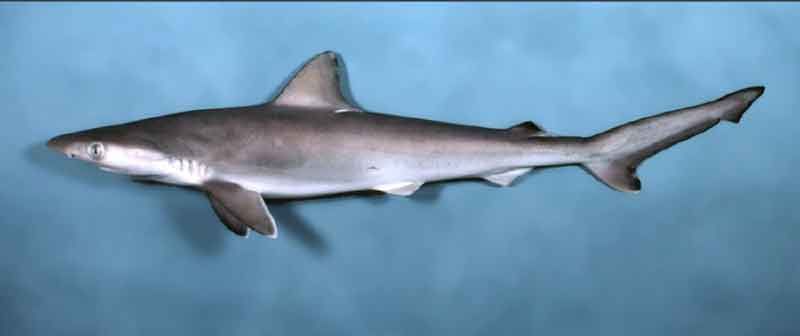
The Atlantic Sharpnose Shark belongs to the Carcharhinidae family. The average size of the Atlantic Sharpnose Shark is 90 to 99 cm. Their maximum size is 120 cm. In captivity it can live up to 4 years. The young are usually born in June. The Atlantic Sharpnose Shark can be fished all year round. The Atlantic Sharpnose Shark has a long snout and labial furrows that surround its mouth. The triangular teeth with smooth edges are identical on the upper and lower jaws. The livery of the Atlantic Sharpnose Shark can be brown, olive grey or blue grey, turning white on its belly. Adults may have some white spots, and in smaller individuals the edges of the dorsal fins and caudal fin are often black.
The Atlantic Sharpnose Shark is a famous fish you can catch in Fort Myers.Our fishing forecast of Fort Myers indicates the best time to go fishing in this city.
Our fishing forecast of Fort Myers indicates the best time to go fishing in this city.
Our fishing forecast of Fort Myers indicates the best time to go fishing in this city.
